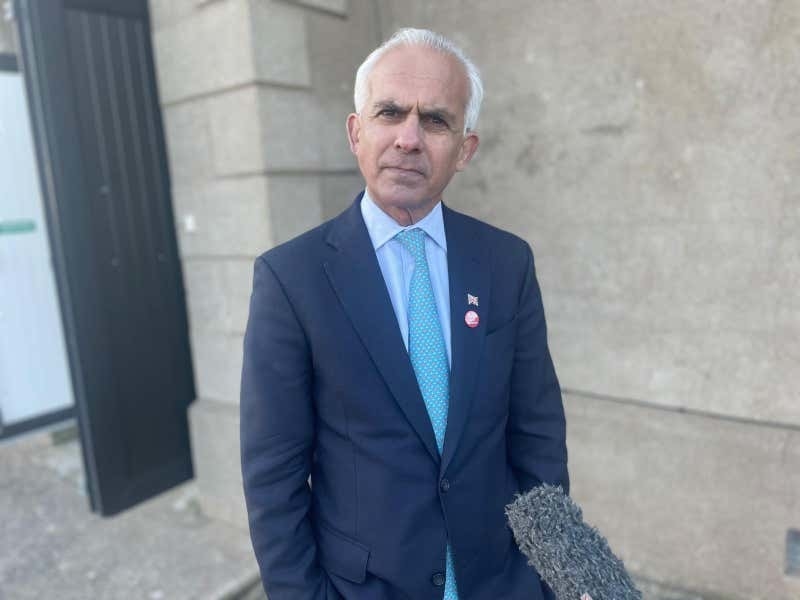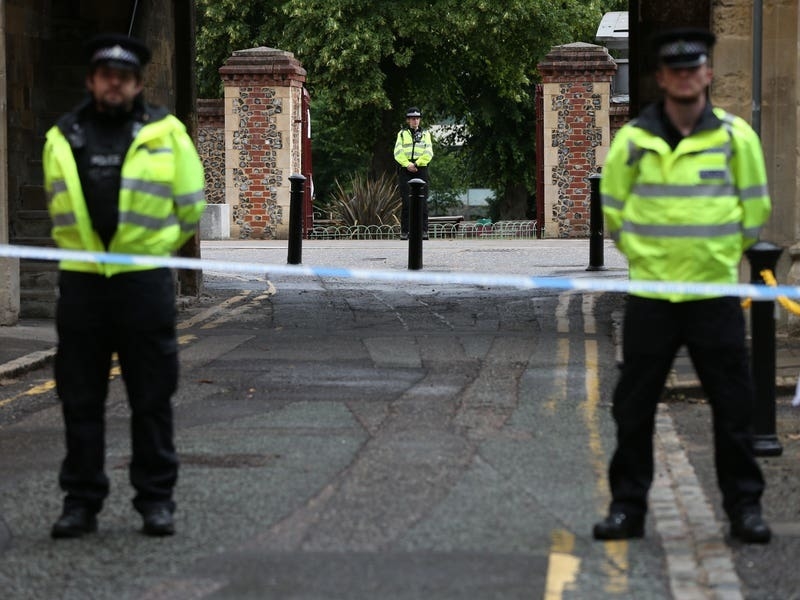Social media users are being cynically manipulated by advertisers and propagandists, according to a new report from MPs about the issue of fake news.
The detailed and wide-ranging report comes after nearly a year of evidence collected by a parliamentary inquiry into fake news by the Digital, Culture, Media and Sport Select Committee.
– What is the fake news inquiry?
MPs began looking into the issue of fake news in 2017 after a rising tide of hoaxers and propagandists spread misinformation on social media, either to push an agenda or make money.
As time went on, the inquiry expanded to investigate wider issues around the effect huge technology companies such as Facebook can have on citizens and society, how some individuals and companies try to manipulate people through social media, and whether Russia had a role in influencing voters in the EU referendum.
MPs from across the House of Commons heard from dozens of academics, executives, political operatives and experts between October 2017 and July 2018 before producing this interim report on their findings. They have promised a full report by the end of the year.
– What did it find?
According to the report, most people use social media to connect with their loved ones and it is increasingly how people get information about their communities and the wider world. But because most people trust their friends and family, they are less likely to question information shared on social media.
This is where malicious actors come in, trying to influence the billions of people who use networks such as Facebook, Twitter and YouTube everyday with claims, memes or videos which may not always be true.
This fake news can come in a wide spectrum of forms, from satire and parody to fabricated images or propaganda but, the report says, the tech companies who make money from social media are not doing enough to make sure their platforms are having a positive effect on the world.
In March, a whistleblower revealed that Facebook had allowed the private information of millions of users to be collected without their knowledge, information which was then given to a company called Cambridge Analytica which claimed to help political campaigns target voters on social media.
Over the following months, investigations revealed that Cambridge Analytica had multiple meetings with Brexit campaign group Leave.EU in the build-up to the EU referendum. Cambridge Analytica claimed it could use personal information to help its clients influence voters on social media with targeted advertising, but later dismissed such claims as a sales pitch.
This led the inquiry to look more deeply into so-called micro-targeting and dark advertising, in which political campaigns can target small groups of people with specific messages that only they can see.
Despite previously boasting about working with CA, Leave.EU’s leaders Arron Banks and Andy Wigmore told the inquiry no work was carried out and denied all wrongdoing. Mr Banks’s connections to Russia came under intense scrutiny as the inquiry investigated how Russian operatives used social media to spread scare stories about immigration in the build-up to the EU referendum.
At the same time, it was revealed that Vote Leave, the official Brexit campaign group led by Michael Gove and Boris Johnson, had paid a Canadian company linked to Cambridge Analytica, called Aggregate IQ, to carry out similar work in targeting voters on social media.
In July, the Electoral Commission fined Vote Leave for breaching spending limits by channelling money through another campaign group to pay for more social media adverts with AIQ.
Advertising is tightly controlled and monitored in the real world so people know when someone is trying to sell them something – whether that is an idea, a candidate or a product. But the inquiry found that the same transparency and regulation was not present when it came to social media and people were being manipulated as a result.
– So what does the report recommend?
At its core, the report says electoral law needs to be updated to reflect the modern world and tech companies have not been doing enough to stop malicious actors taking advantage of their networks.
Damian Collins, who chairs the committee, went as far as calling the issue “a crisis in our democracy – based on the systematic manipulation of data to support the relentless targeting of citizens, without their consent, by campaigns of disinformation and messages of hate”.
Fixing the issue means making tech companies responsible for any harmful or illegal activity on their platforms, he said, and the report suggests a new tax on social networks to pay for digital literacy programmes in schools.
The report also says the Electoral Commission should set up a code for political advertising on social media and calls for greater transparency around online advertising.
Finally, the report suggests a “digital Atlantic Charter” to protect people’s personal information and their rights in the digital world.
Mr Collins said: “Data crimes are real crimes, with real victims. This is a watershed moment in terms of people realising they themselves are the product, not just the user of a free service. Their rights over their data must be protected.”






